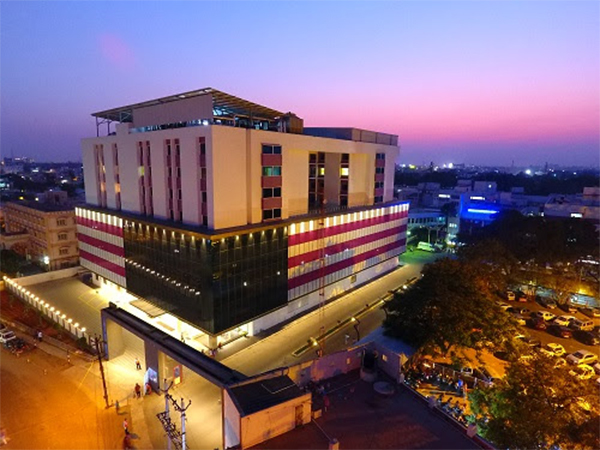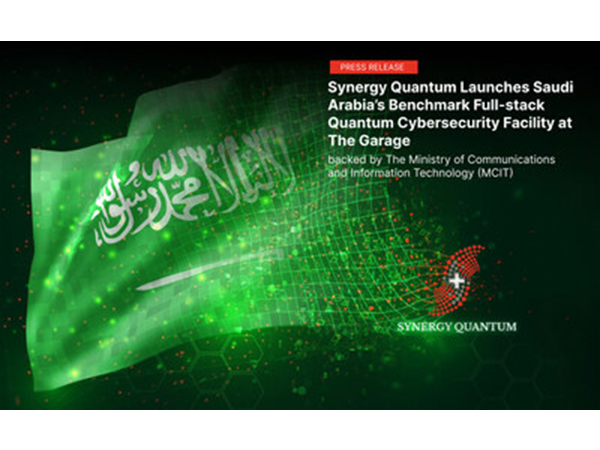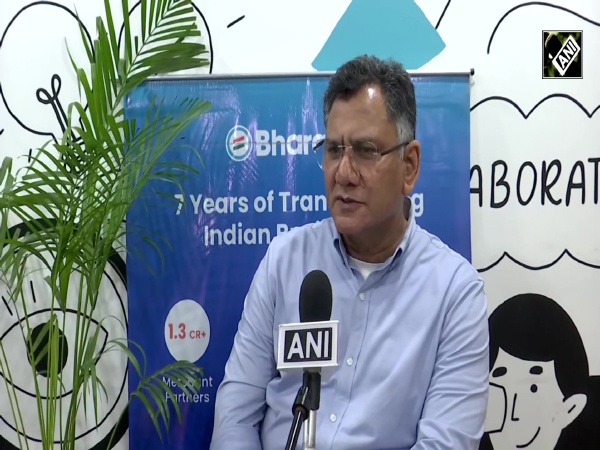Securitisation market grows by 17 pc in Q1FY25 (YoY) to Rs 45,000 crore
Jul 09, 2024

New Delhi [India], July 9 : The securitization market in India witnessed robust growth, with the volume reaching around Rs 45,000 crore in the first quarter (April-June) of 2024, according to a report by Crisil.
The report highlighted a significant 17 per cent year-on-year increase in the securitization market, showcasing its resilience and adaptability despite challenges such as the exit of a major Housing Finance Company (HFC) and regulatory measures impacting gold loan securitization.
The report also noted that over 95 originators, including Non-Banking Financial Companies (NBFCs) and banks, actively participated in the market, emphasizing the increasing trend of diversifying funding sources.
Securitization is a banking technique that involves pooling and selling income-generating assets to a third party, who then uses them as collateral to issue securities. These securities are then sold in financial markets.
The report highlighted that banks emerged as key players in the securitization market, with transaction volumes reaching approximately Rs 8,500 crore in the first quarter alone, surpassing the total for the entire fiscal year 2024.
"Resource diversification is now a key agenda for NBFCs as well as banks. With banks now maintaining higher risk weights on credit exposure to NBFCs, the availability of bank funding at optimal cost will be a key monitorable for NBFCs, making it imperative for them to diversify their resource raising beyond bank loans. On the other hand, banks - especially private sector banks - have high credit-deposit ratios and are looking at alternative sources of funding, including securitization," said Ajit Velonie, Senior Director, CRISIL Ratings.
The report stated that with banks imposing higher risk weights on credit exposure to NBFCs, securing bank funding at optimal costs has become a critical focus for NBFCs, necessitating them to explore alternative resource-raising avenues.
The composition of asset classes in securitization also witnessed notable shifts, with vehicle loan securitization surging to 41 per cent and mortgage-backed securitization declining to 25 per cent. Microfinance accounted for 14 per cent, while other asset classes like personal and business loans saw an increase in their share. Pass-through certificates (PTCs) dominated the market with a 53 per cent share, particularly in vehicle and personal loan securitization, while direct assignments (DAs) were prevalent in mortgage, microfinance, and business loan securitization.
Overall, the securitization market remains a crucial funding source, with banks retaining a significant market share. The market outlook appears optimistic, with expectations of continued growth and potential record highs in the fiscal year.
















